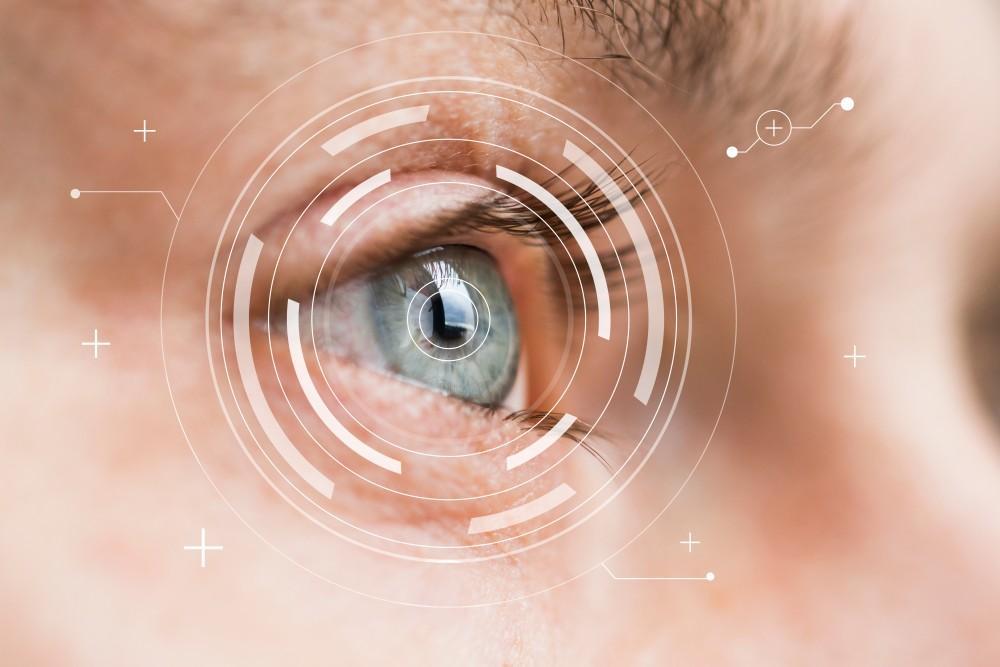
Am I a Candidate for Laser Eye Surgery?

You’ve worn glasses for many years, and you’d love to be free of them. It would be great not to worry about remembering to take your glasses with you everywhere.
Board-certified ophthalmologist Dr. Stephen Khachikian performs laser eye surgery, which can dramatically improve your vision. You no doubt have heard of LASIK. It’s the most common form of laser eye surgery.
You may wear glasses for either nearsightedness, farsightedness, or astigmatism. You have a refractive error, meaning your cornea is either too flat, too curved, or elongated. LASIK can correct these problems. Other refractive surgeries are available if you’re not a good candidate for LASIK.
Is LASIK surgery appropriate for me?
While many people undergo LASIK surgery for vision correction, it’s not right for everyone. Prior to or during your eye appointment, you’ll complete a medical history questionnaire. It’s important to list every health condition you’ve had, because LASIK eye surgery can make some eye conditions worse.
Dr. Khachikian discusses which eye surgery is appropriate for your specific vision problem. LASIK is an option for you if you have a refractive error but your eyes are healthy and you have stable vision. During the surgery, Dr. Khachikian uses a special laser to resculpt your cornea.
When is LASIK surgery contraindicated?
However, if you have any of the following conditions, LASIK isn’t right for you:
- Immune disorders affecting your ability to heal
- Age-related presbyopia affecting your sight of objects very near you
- Eye disorders and infections
- Eye diseases such as cataracts or glaucoma
- Dry eyes
- Thin corneas
- Severe refractive errors
- You play contact sports with a risk of blows to the face
Don’t worry if LASIK isn’t an option. Dr. Khachikian performs other types of laser surgery that can help you.
Is PRK laser surgery a better option for me?
Photorefractive keratectomy (PRK) is another type of laser surgery that’s appropriate if you’re nearsighted, farsighted, or have astigmatism and you’re not a candidate for LASIK. If you have thin corneas or dry eyes, for example, Dr. Khachikian may recommend PRK laser surgery to reshape your cornea.
Laser cornea repair or replacement
If your cornea is damaged or diseased, Dr. Khachikian performs a variety of laser surgeries to repair or replace your cornea to restore your sight. You may need a cornea transplant. There are several versions of cornea transplants, and Dr. Khachikian can explain which type is best in your case.
If only the outer surface of your cornea is affected, Dr. Khachikian removes the outer layer and uses a laser to ensure a smooth new surface. If your cornea is too thick, Dr. Khachikian uses a laser to adjust your cornea’s thickness. He adapts each cornea surgery to your individual needs.
Call Stephen Khachikian, MD, or book an appointment through our online portal for expert care in the hands of an experienced surgeon. Contact us today for help with your vision problems.
You Might Also Enjoy...


I’m Not a LASIK Candidate. What About PRK?

Telltale Signs Your Eye Problem Is a Cornea Issue

Why Are Cataracts Common In Seniors?

Can You Prevent Keratoconus From Getting Worse?


